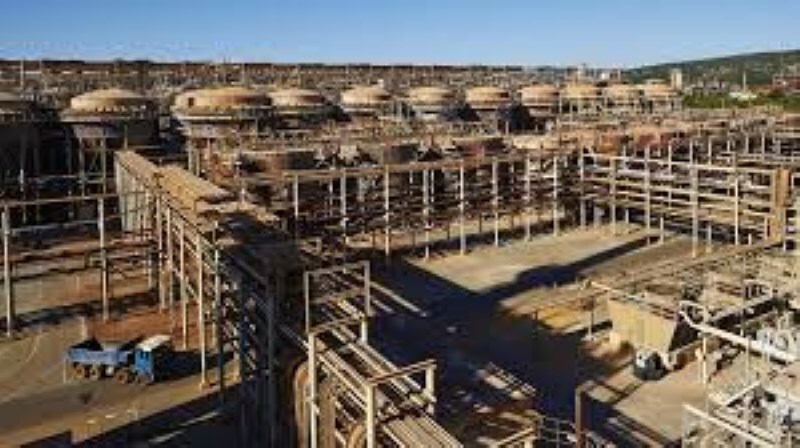

SIMPEC has landed a hefty USD 115 million contract, highlighting its rising prominence in Australia's mining services industry. This industrial services deal with Alcoa is designed to boost operational performance at the Pinjarra Alumina Refinery by introducing cutting-edge residue management technology. The goal of this initiative is to enhance environmental outcomes while maximising processing efficiency at one of Western Australia's vital industrial sites.

With a value of about USD 115 million and officially signed on September 29, 2025, the initiative is already in the mobilisation phase, aiming for completion in the first quarter of 2027. This project focuses on implementing Residue Filtration Stage Two, which is a key upgrade for Alcoa's operations. Work is already in progress to improve the refinery's residue management capabilities, boosting both its operational efficiency and environmental performance.
Benefiting Alcoa's refinery operations
The Residue Filtration Stage Two project represents a significant leap in how to manage alumina refinery residue. Focusing on bauxite residue, often called "red mud", this technological upgrade addresses one of the biggest challenges in the industry, which is finding efficient ways to deal with the massive amounts of residue generated during the alumina refining process.
The firm is stepping up as the main contractor for this industrial upgrade, ready to offer a complete range of engineering and construction services. It will cover everything from structural engineering and steel fabrication to the installation and integration of mechanical systems. It will also handle extensive piping networks for fluid management, electrical systems and instrumentation controls.
Plus, the company will take care of civil construction for foundations and infrastructure, ensuring everything is fully commissioned and operationally ready. This all-encompassing approach highlights the intricate nature of modern industrial projects and the specialised skills needed to pull them off successfully.
The Pinjarra Alumina Refinery is a vital part of Alcoa's operations in Western Australia, showcasing several impressive features. It stands out as one of the largest alumina refineries in the world, has a significant production capacity and is closely linked to bauxite mining activities in southwestern WA.
This facility plays a crucial role in Australia's aluminium supply chain, with a prime location with easy access to export infrastructure and is a major employer in the Peel region. This upgrade project highlights Alcoa's dedication to ensuring that Pinjarra remains a leader in global alumina production.
Sustainable benefits
The new filtration technology represents a significant leap in how to manage bauxite residue, offering a host of operational and environmental benefits. It allows for the mechanical dewatering of residue through specialised filter presses, cutting down the water content from 65 per cent to about 35 per cent. This not only reduces the space needed for storage compared to traditional wet disposal methods but also helps to ease the challenges of residue management, boosting processing capacity in the process.
On top of that, it enhances the refinery's environmental standing by lowering the risk of groundwater contamination and creating a more stable filter cake that's easier to handle in the long run, effectively tackling both operational and environmental hurdles.
Traditional vs new approach
The latest filtration technology marks a significant advancement in how we manage bauxite residue, especially when compared to older methods. Traditional techniques often leave behind residue with a high water content of over 65 per cent, indicating the need for excess storage space.
In contrast, this new system uses filter presses to mechanically extract water, bringing moisture levels down to about 35 per cent and reducing the storage area needed by as much as 30 per cent. It also helps protect the environment by decreasing the chances of seepage and contamination, while making residue handling smoother to avoid processing delays and boost efficiency.
Moreover, this technology enhances water recovery, cutting down on overall usage and supporting the global shift towards more sustainable and efficient mineral processing practices.
To know more about the global alumina industry outlook, read “Global Bauxite and Alumina Industry Outlook 2025”
Responses








